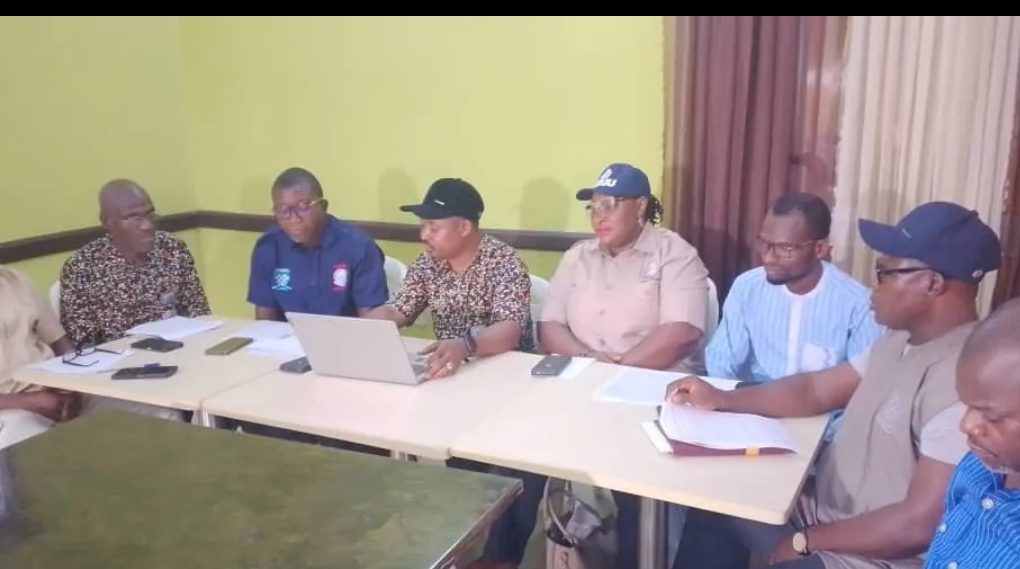CALABAR — The Academic Staff Union of Universities (ASUU) has delivered a four-week ultimatum to the Federal Government, demanding urgent resolution of longstanding grievances in the public university system or face an indefinite nationwide strike.
The warning came from Ikechukwu Igwenyi, Zonal Coordinator of ASUU’s Calabar Zone, during a media briefing in Calabar on Monday, November 17, 2025. Igwenyi decried the government’s persistent delays in honoring key agreements, which he said have exacerbated challenges like inadequate funding and staff welfare.
Central to ASUU’s demands is the full renegotiation and implementation of the 2009 FGN-ASUU Agreement, complete with enforceable timelines. The union seeks enhanced remuneration and working conditions to curb the brain drain of academic talent from Nigerian universities.
Additional priorities include the release of three-and-a-half months’ withheld salaries, payment of all outstanding dues, refunds for unauthorized third-party deductions, and settlement of promotion arrears. ASUU also pressed for the disbursement of the pending 25–35% wage increase, including consequential adjustments, alongside higher budgetary allocations to education and sustainable funding models for public institutions.
Igwenyi accused the government of eroding university autonomy through unilateral policy directives, urging strict compliance with existing legal frameworks.
The ultimatum was formalized in a statement co-signed by Igwenyi and representatives from institutions across the Calabar Zone, including the University of Calabar (UNICAL), University of Cross River State (UNICROSS), Abia State University (ABSU), Ebonyi State University (EBSU), Federal University, Otuoke (FUNAI), University of Education, Ekiadolor (UEE), and University of Uyo (UNIUYO).
“We shall remain unbowed, unbroken, and unwavering in this just struggle, with profound faith in the certainty of victory,” the statement declared, framing the standoff as a defense of education as a fundamental right rather than a privilege. The union attributed Nigeria’s educational woes not to fiscal constraints but to a lack of political commitment, vowing to “rebuild the Nigerian university system of our dream with the ashes of the struggle.”
As the deadline approaches, the impasse risks further disrupting academic calendars, echoing ASUU’s history of strikes that have paralyzed higher education in Nigeria. The Federal Government has yet to respond publicly to the latest demands.

